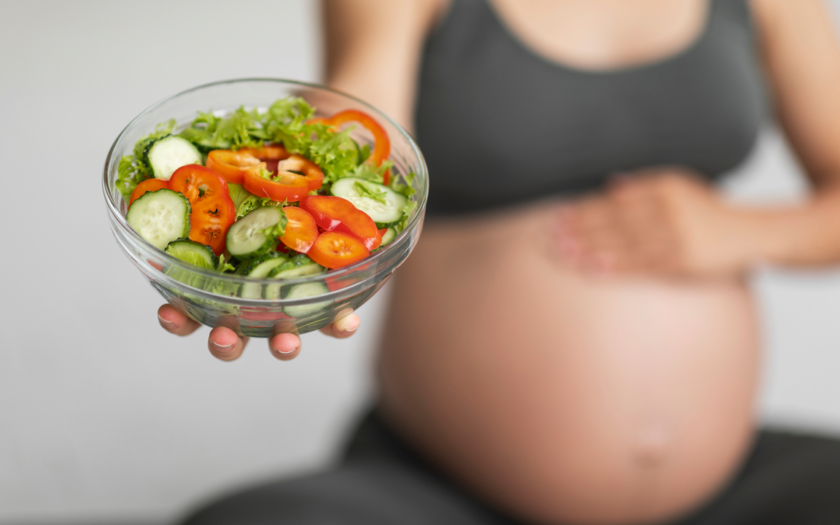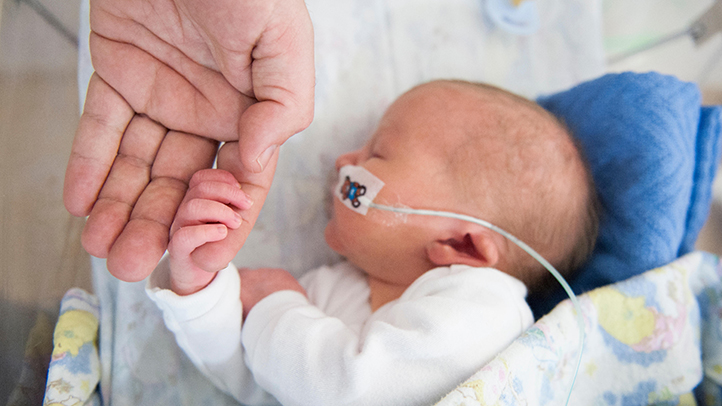Vitamins for pregnancy are necessary to maintain the functioning of the body systems of the expectant mother and the healthy development of the embryo. The gynecologist selects vitamins and their dosage depending on the trimester of pregnancy, individual characteristics (age, history of miscarriage or frozen pregnancy, lack of vitamins or microelements).
What vitamins should I take to prepare for pregnancy?
Drinking vitamins to prepare for pregnancy is necessary to replenish the lack of minerals and trace elements, as well as to form a small reserve for the development of the embryo. At the first signs of pregnancy, you should consult a gynecologist. Vitamins to prepare for pregnancy:
- folic acid (vitamin B9). Indicated to prevent a child from developing a congenital neural tube defect (eg, spina bifida);
- amino acid L-carnitine. Has an antioxidant effect, reduces the symptoms of endometriosis and polycystic ovary syndrome, supports fertility;
- calcium (Ca). Vitamin Ca for women planning pregnancy is necessary for bone health, proper muscle function, hormonal balance, and heart function;
- iron. A mineral that is prescribed before pregnancy to create healthy blood cells in the mother and embryo.
- To plan pregnancy, the gynecologist prescribes other B vitamins, including B3 (niacin), B6 (pyridoxine) and B12, which the woman’s body needs for the functioning of red blood cells. The gynecologist may also prescribe vitamin C and E, zinc, omega-3 fatty acids, and selenium.
Vitamin D for pregnancy planning is prescribed for cell growth, maintaining immune function, and regulating inflammation in the body. Low vitamin D levels are associated with infertility.
Vitamins for future pregnancy are selected by a gynecologist after an examination, referral for tests and examination of anamnesis. Self-selection of vitamins for conception can lead to an overdose and an increase in the level of vitamins, trace elements and minerals, which will affect fertility and harm the body of the expectant mother.
Vitamins for the 1st trimester of pregnancy
During the first trimester of pregnancy, it’s crucial to ensure adequate intake of certain vitamins to support maternal health and fetal development. Here are some key vitamins that are particularly important during the first trimester of pregnancy:
- Folic acid (folate). Folic acid is essential during the first trimester for preventing neural tube defects in the developing fetus, such as spina bifida and anencephaly. The neural tube, which later develops into the baby’s brain and spinal cord, forms during the early weeks of pregnancy, underscoring the importance of adequate folic acid intake, ideally starting before conception. The recommended daily intake of folic acid for pregnant individuals is 600 micrograms (mcg) per day.
- Iron. Iron is necessary for the production of red blood cells, which carry oxygen to tissues and organs, including the developing fetus. During the first trimester, the body’s demand for iron increases to support the expansion of maternal blood volume and to meet the needs of the growing fetus. Iron deficiency during pregnancy can lead to anemia, which may increase the risk of complications such as preterm birth and low birth weight. The recommended daily intake of iron for pregnant individuals is 27 milligrams (mg) per day.
- Vitamin D. Vitamin D is essential for calcium absorption and bone health in both the mother and the developing baby. During the first trimester, adequate vitamin D intake is important for supporting fetal skeletal development and preventing maternal complications such as pre-eclampsia and gestational diabetes. The recommended daily intake of vitamin D for pregnant individuals is 600 international units (IU) per day.
- Calcium. Calcium is necessary for building and maintaining strong bones and teeth in both the mother and the developing fetus. During the first trimester, calcium supports fetal skeletal development and helps prevent maternal bone loss. The recommended daily intake of calcium for pregnant individuals is 1,000 mg per day.
- Vitamin B6. Vitamin B6 plays a role in protein metabolism, red blood cell formation, and neurotransmitter synthesis. During the first trimester, adequate intake of vitamin B6 may help alleviate nausea and vomiting, commonly known as morning sickness, experienced by many pregnant individuals. The recommended daily intake of vitamin B6 for pregnant individuals is 1.9 mg per day.
- Vitamin B12. Vitamin B12 is essential for DNA synthesis, nerve function, and red blood cell formation. Adequate vitamin B12 intake during the first trimester is important for preventing megaloblastic anemia and supporting the baby’s brain and nervous system development. The recommended daily intake of vitamin B12 for pregnant individuals is 2.6 mcg per day.
It’s important for pregnant individuals to obtain these essential vitamins through a balanced diet rich in fruits, vegetables, whole grains, lean proteins, and dairy products. In some cases, prenatal vitamins or supplements may be recommended to ensure adequate intake of key nutrients during the first trimester of pregnancy. However, it’s essential to consult with a healthcare provider before starting any supplements to determine individual needs and ensure safety for both the mother and the baby.
Vitamins for the 2nd trimester of pregnancy
Vitamin D intake continues into the second trimester, especially if it falls between September and March, since part of the vitamin D in the sunny months is produced by the skin under the influence of ultraviolet rays. Vitamins for the 2nd trimester of pregnancy:
- docosahexaenoic acid (DHA). Promotes the development of the nervous system, brain and eyes of the fetus;
- magnesium. Prescribed by a gynecologist for cramps in the calf muscles, pain in the abdominal area, and rapid heartbeat.
Depending on the test results of the pregnant woman, the gynecologist also selects multivitamin complexes that contain choline, calcium, probiotics, and iodine. Your doctor may also prescribe vitamins for the heart during pregnancy if you have high blood pressure, pain in the chest, or detected cardiovascular pathologies.
Vitamins for the 3rd trimester of pregnancy
Due to fetal development, the need for docosahexaenoic acid increases, which is necessary to maintain the fluidity, permeability and integrity of cell membranes. A sufficient level of DHA allows you to increase the length of pregnancy and reduce the risk of complications (for example, rupture of membranes and premature birth). Vitamins for the 3rd trimester of pregnancy:
- vitamins D and calcium for teeth during pregnancy. Prescribed to reduce the risk of tooth decay as a result of periodontitis (bacterial infection of the gum and bone tissues of the tooth);
- magnesium. Magnesium deficiency increases the risk of chronic hypertension, premature birth and fetal growth restriction;
- lutein and zeaxanthin (vitamins for eyes during pregnancy). Necessary for maintaining eye health and proper formation of the retina in a child, as well as for the formation of verbal intelligence.
- In the third trimester of pregnancy, the gynecologist may stop taking iron, since its high level creates increased risks for the fetus. High hemoglobin can lead to impaired uteroplacental circulation, placental infarction, growth retardation and fetal death.
For hair during pregnancy, you can take B vitamins and biotin to maintain healthy hair and prevent hair breakage during the third trimester and while breastfeeding. Vitamins for the skin, which are represented by vitamins D, C, E and zinc, will help reduce the risk of developing stretch marks in pregnant women. You can take vitamins only after consulting a gynecologist.



